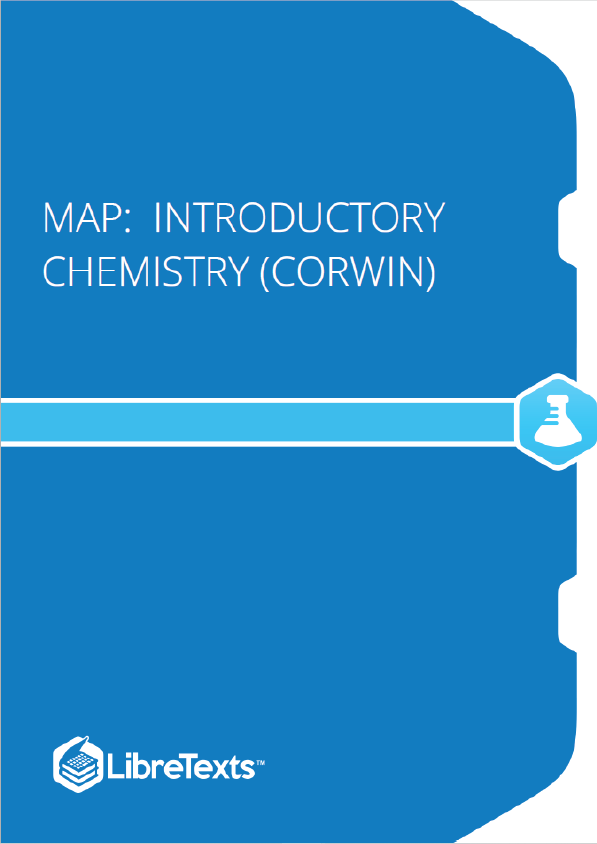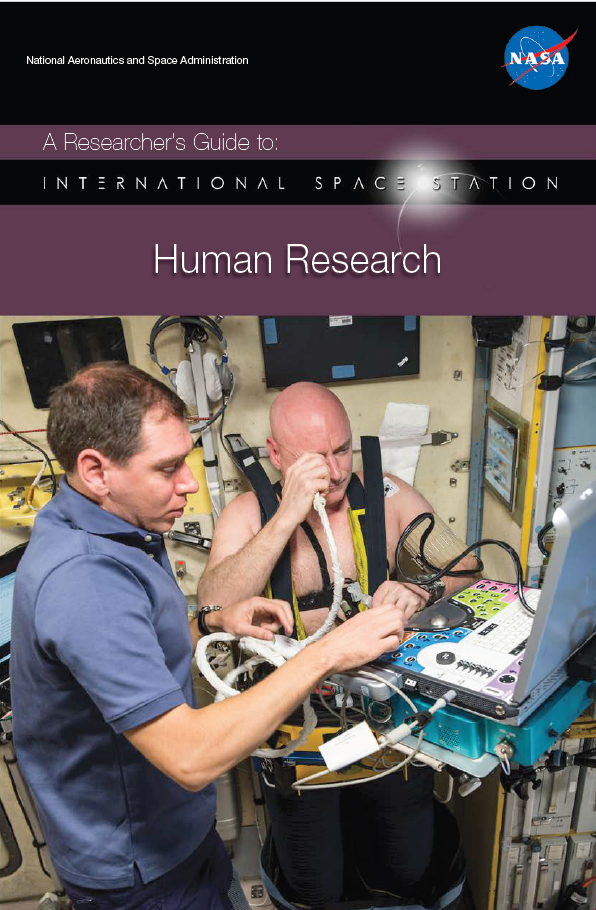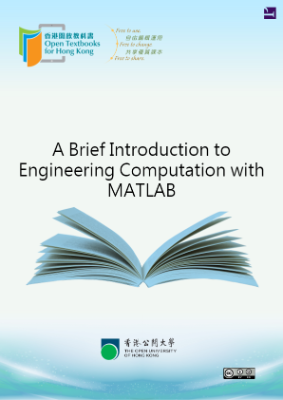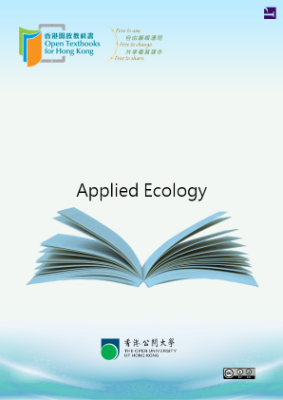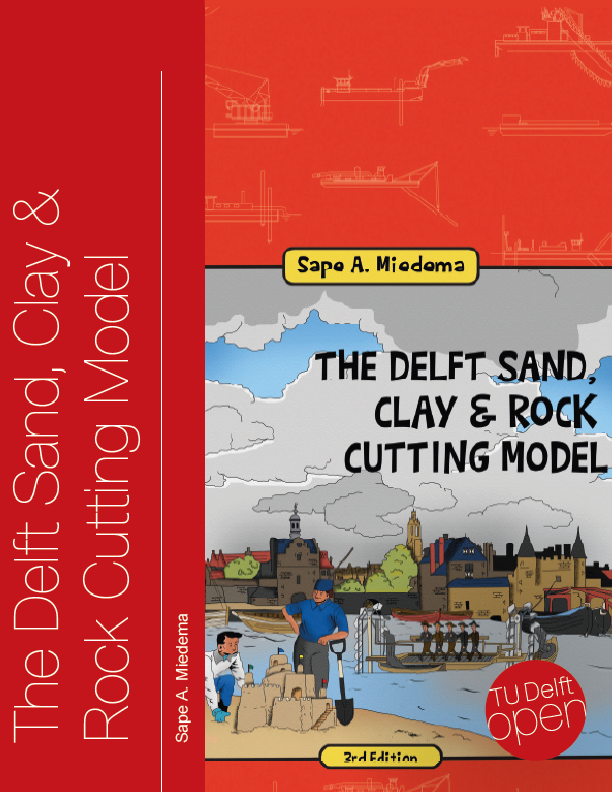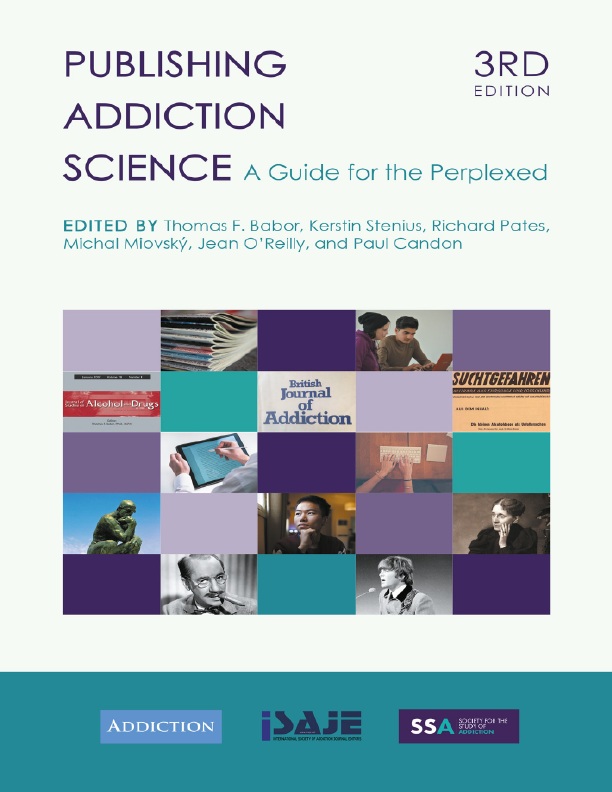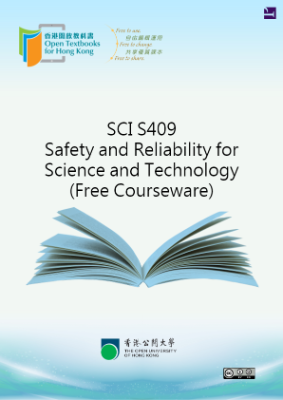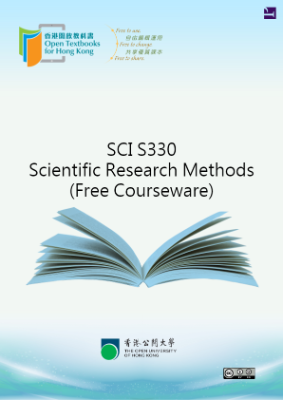Matter
Matter is anything that has mass and takes up space. A book is matter, a computer is matter, food is matter, and dirt in the ground is matter. Sometimes matter may be difficult to identify. For example, air is matter, but because it is so thin compared to other matter (e.g., a book, a computer, food, and dirt), we sometimes forget that air has mass and takes up space. Things that are not matter include thoughts, ideas, emotions, and hopes.
Physical properties
Physical properties are characteristics that describe matter as it exists. Some physical characteristics of matter are shape, color, size, and temperature. An important physical property is the phase (or state) of matter. The three fundamental phases of matter are solid, liquid, and gas.
Chemical Properties
Chemical properties are characteristics of matter that describe how matter changes form in the presence of other matter. Does a sample of matter burn? Burning is a chemical property. Does it behave violently when put in water? This reaction is a chemical property as well (Figure ). In the following chapters, we will see how descriptions of physical and chemical properties are important aspects of chemistry.
Physical Change
A physical change occurs when a sample of matter changes one or more of its physical properties. For example, a solid may melt (Figure ), or alcohol in a thermometer may change volume as the temperature changes. A physical change does not affect the chemical composition of matter.
Chemical Change
Chemical change is the process of demonstrating a chemical property, such as the burning match in Figure “Chemical Properties”. As the matter in the match burns, its chemical composition changes, and new forms of matter with new physical properties are created. Note that chemical changes are frequently accompanied by physical changes, as the new matter will likely have different physical properties from the original matter.
Substance
A sample of matter that has the same physical and chemical properties throughout is called a substance. Sometimes the phrase pure substance is used, but the word pure isn’t needed. The definition of the term substance is an example of how chemistry has a specific definition for a word that is used in everyday language with a different, vaguer definition. Here, we will use the term substance with its strict chemical definition.
